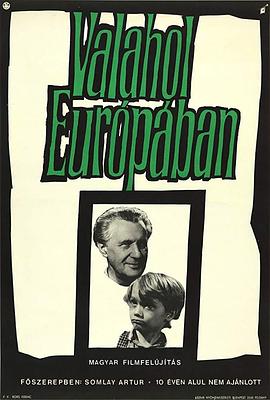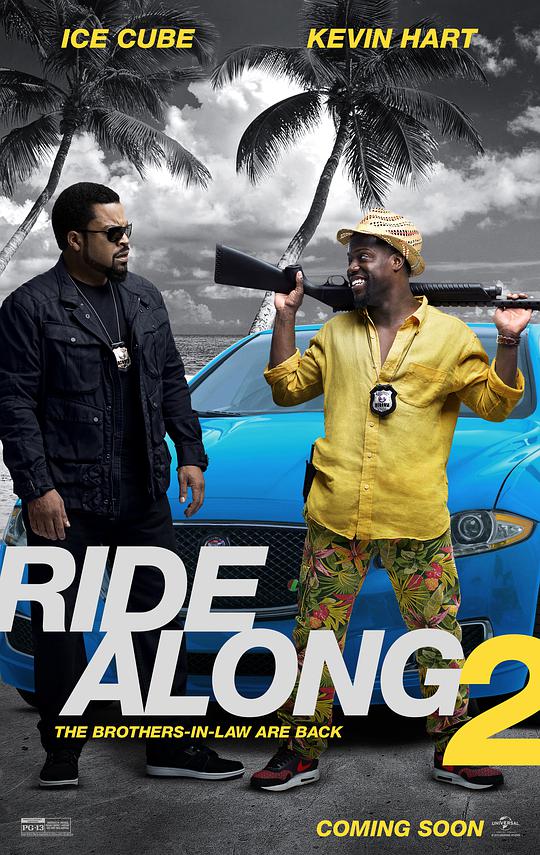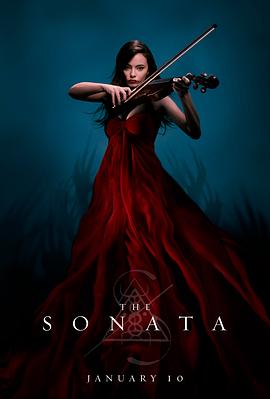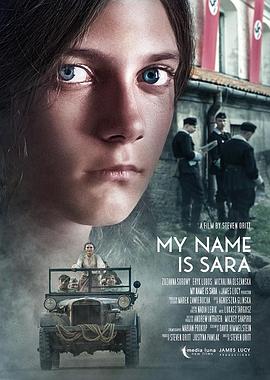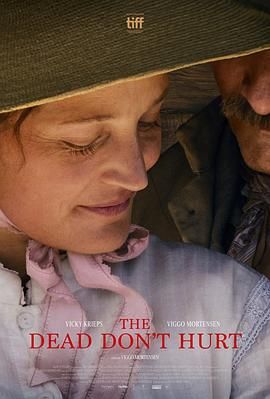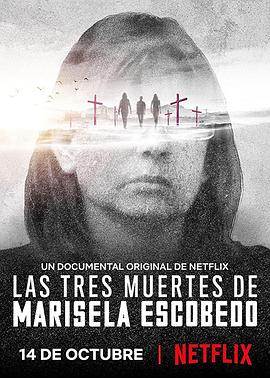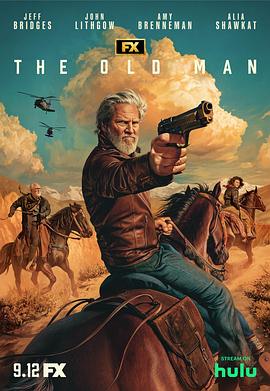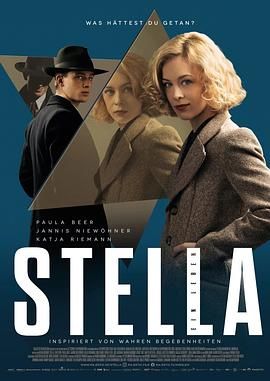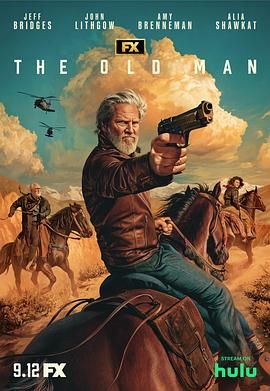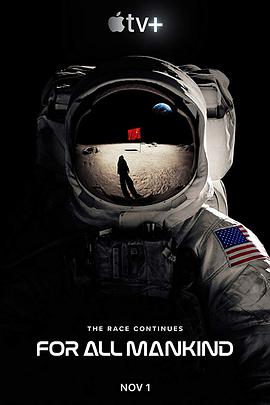-
备注:已完结
类型:电影
主演:Artúr Somlay Miklós Gábor Zsuzsa Bá
语言:其它
年代:未知
简介:Somewhere in the remote region, the war ends. In the midst of ruined cities and houses in the streets, in rural hamlets, everywhere where people still live, are children who have lost their homes and parents. Abandoned, hungry, and in rags, defenseless and humiliated, they wander through the world. Hunger drives them. Little streams of orphans merge into a river which rushes forward and submerges everything in its path. The children do not know any feeling; they know only the world of their enemies. They fight, steal, struggle for a mouthful of food, and violence is merely a means to get it. A gang led by Cahoun finds a refuge in an abandoned castle and encounters an old composer who has voluntarily retired into solitude from a world of hatred, treason, and crime. How can they find a common ground, how can they become mutual friends The castle becomes their hiding place but possibly it will also be their first home which they may organize and must defend. But even for this, the price will be very high. To this simple story, the journalist, writer, poet, scriptwriter, movie director, and film theoretician Béla Balázs applied many years of experience. He and the director Géza Radványi created a work which opened a new postwar chapter in Hungarian film. Surprisingly, this film has not lost any of its impact over the years, especially on a profound philosophical level. That is to say, it is not merely a movie about war; it is not important in what location and in what period of time it takes place. It is a story outside of time about the joyless fate of children who pay dearly for the cruel war games of adults. At the time it was premiered, the movie was enthusiastically received by the critics. The main roles were taken by streetwise boys of a children's group who created their roles improvisationally in close contact with a few professional actors, and in the children's acting their own fresh experience of war's turmoil appears to be reflected. At the same time, their performance fits admirably into the mosaic of a very complex movie language. Balázs's influence revealed itself, above all, in the introductory sequences an air raid on an amusement park, seen in a montage of dramatic situations evoking the last spasms of war, where, undoubtedly, we discern the influence of classical Soviet cinematography. Shooting, the boy's escape, the locomotive's wheels, the shadows of soldiers with submachine guns, the sound of a whistle—the images are linked together in abrupt sequences in which varying shots and expressive sharp sounds are emphasized. A perfectly planned screenplay avoided all elements of sentimentality, time-worn stereotypes of wronged children, romanticism and cheap simplification. The authors succeeded in bridging the perilous dramatic abyss of the metamorphosis of a children's community. Their telling of the story (the scene of pillaging, the assault on the castle, etc) independently introduced some neorealist elements which, at that time, were being propagated in Italy by De Sica, Rossellini, and other film artists. The rebukes of contemporary critics, who called attention to formalism for its own sake have been forgotten. The masterly art of cameraman Barnabás Hegyi gives vitality to the poetic images. His angle shots of the children, his composition of scenes in the castle interior, are a living document of the times, and underline the atmosphere and the characters of the protagonists. The success of the picture was also enhanced by the musical art of composer Dénes Buday who, in tense situations, inserted the theme of the Marseilaise into the movie's structure, as a motive of community unification, as an expression of friendship and the possibility of understanding. Valahol Europaban is the first significant postwar Hungarian film. It originated in a relaxed atmosphere, replete with joy and euphoria, and it includes these elements in order to demonstrate the strength of humanism, tolerance, and friendship. It represents a general condemnation of war anywhere in the world, in any form.
-
备注:已完结
类型:电影
主演:米哈利娜·奥利尚斯卡 拉多斯劳·凯姆 艾萨贝拉·达布鲁夫斯卡 Zuza
导演:史蒂文·奥里特
语言:英语
年代:未知
简介:萨拉是一个13岁的波兰犹太人,他寻找避难所,被一个农民和他的妻子带走。她很快发现了雇主婚姻的黑暗秘密,使她必须努力保护的最大秘密,她的真实身份雪上加霜。
-
备注:已完结
类型:电影
主演:薇姬·克里普斯 维果·莫腾森 索利·麦克劳德 加瑞特·迪拉胡特 W·厄
导演:维果·莫腾森
语言:英语
年代:未知
简介:影片讲述了发生在19世纪60年代美国西部边境的一对恋人的故事。薇薇安·勒·库迪是一位非常独立的女性,她与丹麦移民霍尔格·奥尔森展开了一段恋情。在旧金山遇到奥尔森后,她同意和他一起前往他位于内华达州埃尔克弗拉茨附近的家,并在那里开始了共同生活。内战爆发后,奥尔森决定为联邦军队而战,两人遂分离。这使得薇薇安不得不独自生活,面对腐败市长鲁道夫·席勒和他不择手段的商业伙伴、强大的牧场主阿尔弗雷德·杰弗里斯控制。而且,阿尔弗雷德儿子韦斯顿性格暴躁、不守规矩,他对薇薇穷追不舍,而薇薇安则坚决抵制他的不轨追求。战争结束后,奥尔森归来,他和薇薇安必须面对并接受彼此已经变成的样子。
-
备注:已完结
类型:纪录片
主演:Juan Manuel Fraire Escobedo Alejand
语言:西班牙语
年代:未知
简介:揭露墨西哥司法黑幕的纪录片:和渣男同居生子的14岁女孩突然失踪,女孩母亲苦苦追寻。最终渣男承认杀妻,但法庭竟然判无罪;母亲寻求社会支持,二审法院改判有罪但渣男已潜逃且加入贩毒集团。无法抓住渣男的母亲,只有在州政府外面居住抗议,某夜母亲被凶手当众杀害,替罪羊被抓住定罪。渣男最后死于帮派的枪战中。 母亲的三重死亡应该是指:女儿的死亡(哭死)、一审无罪的判决(心死)、被枪杀于州政府门口(身死)。
-
-
-
备注:已完结
类型:电视剧
主演:乔尔·金纳曼 迈克尔·多曼 瑞安·施密特 莎拉·琼斯 珊特尔·范圣滕
导演:罗纳德·D·摩尔 艾伦·考特勒 塞尔吉奥·米米卡-戈赞 蜜拉·梅农 约翰·达尔
语言:英语
年代:未知
简介:Apple的流媒体平台AppleTV+旗下自制剧——太空科幻剧《为了全人类》(For All Mankind)发布预告,这是AppleTV+旗下首部曝光预告的剧集。 该剧由乔尔·金纳曼、莎拉·琼斯(《诅咒》)主演,讲述美国在太空登月竞争中输给了苏联,NASA宇航员们要向火星等更远的地方探索的故事。剧集主创为《太空堡垒卡拉狄加》的幻想剧大手罗纳德·D·摩尔,《冰血暴》制片人马特·沃伯特&本·纳蒂维参与创作。共10集,AppleTV+将在今年秋天上线,具体时间未定。
